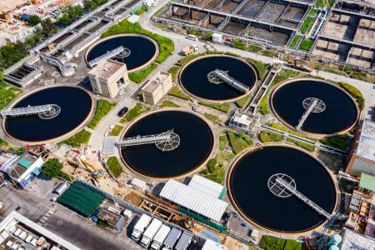After You Own It: Cutting OpEx And Scaling Legacy Plants With Modern MBR Technology

Owning an aging wastewater treatment plant doesn’t have to mean inheriting inefficiency—it can be an opportunity for transformation. By retrofitting with modern membrane bioreactor (MBR) technology, private utility owners can slash operating costs, improve compliance, and even open new revenue streams. Energy-hungry blowers are often the biggest expense, but switching to fine-bubble diffusers, variable frequency drives, and high-MLSS MBR systems can dramatically reduce power consumption. MBRs also minimize chemical use by replacing clarifiers with precise membrane filtration and cutting sludge production in half—reducing labor, polymer costs, and hauling fees. Automation further boosts efficiency, enabling one licensed operator to manage multiple facilities via SCADA dashboards and remote controls. Financial modeling often reveals that while MBR retrofits require significant upfront investment, operational savings and increased capacity can deliver a payback in as little as seven years.
Beyond cost-cutting, MBR-treated water can meet reuse standards like California’s Title 22, creating valuable non-rate revenue from sales to golf courses, data centers, and construction firms. By tracking key metrics such as blower efficiency, polymer usage, sludge hauling, compliance, and reserve capacity, plant owners can turn legacy infrastructure into a high-performing, revenue-generating asset.
Get unlimited access to:
Enter your credentials below to log in. Not yet a member of Water Online? Subscribe today.
